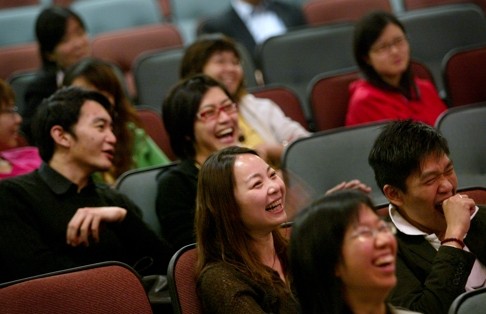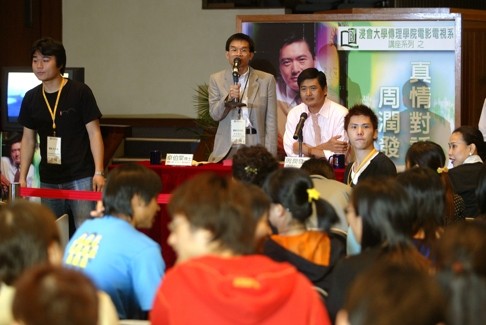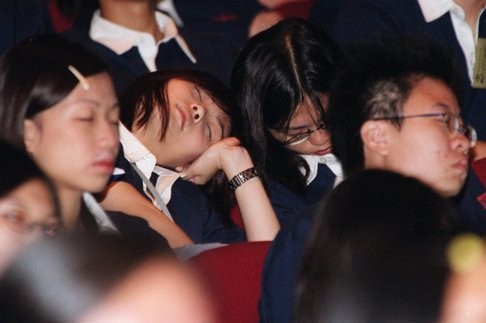
Why teachers shouldn’t strive to be their students’ best friends
Sun Kwok says many universities take student evaluations of professors so seriously that the scores are used to determine contract renewals, salary adjustments and tenure, but treating students as customers may not be in their best interests

At many universities, it is now common to give students an evaluation sheet at the end of a course so that they can numerically rate their professors. This practice is intended to improve teaching quality and show that universities value student opinions.
Some administrators use the ratings to determine teacher contract renewals, salary adjustments, promotions and whether tenure (an indefinite contract) is awarded.
Collecting information is valuable, but does it achieve its desired goal of improving teaching and learning?
People commonly confuse “popular” teachers with “good” teachers. Students are certainly entertained by teachers who tell a lot of jokes or put on a show, but do they learn anything? Teachers should not be boring in their delivery, and enthusiastic teachers who convey their passion for the subject will motivate students to learn. Good lecture delivery, however, should be a means to achieve comprehension, not an end in itself.

One of my former students now works as a lecturer. His trick to get high evaluation scores is to buy students pizza
Students also like familiarity. If you try something new and innovative, many students will resist. In one of my courses, I allowed students to bring notes to the exam, and the exam questions tested their ability to apply knowledge to new situations.
A student told me, “All my years of schooling, I was told to memorise. Now you want me to think, and I can’t do it.” I suppose I did not get a high rating from her. As a university administrator, I frequently hear from junior colleagues who say they are afraid of trying new approaches because of the risk of bad evaluations.

It is a well-known trade secret in higher education circles that if you want good ratings, you should go easy on the students. Give fewer assignments and plenty of As. This practice must have contributed to the phenomenal grade inflation over the past 20 years.
It is a well-known trade secret that if you want good ratings, you should go easy on the students
Good students also rate their teachers very differently from bad students. I have seen very good, dedicated teachers get an equal number of excellent and terrible ratings from the same class. From the comments associated with the rating scores, I can tell that the bad ratings are mainly from poor students who are not happy that they were given so much work and got low grades. If we simply average the ratings, is it fair to the teachers?

What students want is not the same as what they need
The comments alongside student evaluations do contain useful information. If the students say that a teacher comes to class unprepared, arrives late, speaks poor English, is unavailable for consultation after lectures or does not give feedback on students’ work, I know that we have a problem teacher. But if the students complain that the teacher gives too many assignments, covers too much material or is too tough in grading, those comments do not necessarily mean the teacher is bad.
Some people say that teaching is difficult to evaluate. I disagree. About 140 teachers work in my faculty, and I can tell which ones are good and which are not. A good teacher goes beyond lecture delivery, contributes to curriculum development, offers new ideas for teaching methods, develops demonstrations, and initiates and participates in student academic activities. Peer observations are the most reliable way to evaluate a teacher, not simple numerical schemes.
Many universities take student evaluations so seriously that these quantitative scores are used to judge whether a junior professor will get tenure. Wary of their jobs, some of these teachers are resigned to the belief that students are customers – and that the customers are always right. But treating students as customers does them a disservice. They may not realise that now, but they will in 20 years.
Sun Kwok is the dean of science at the University of Hong Kong. During his tenure, he has introduced many reforms to the content and structure of the science curriculum